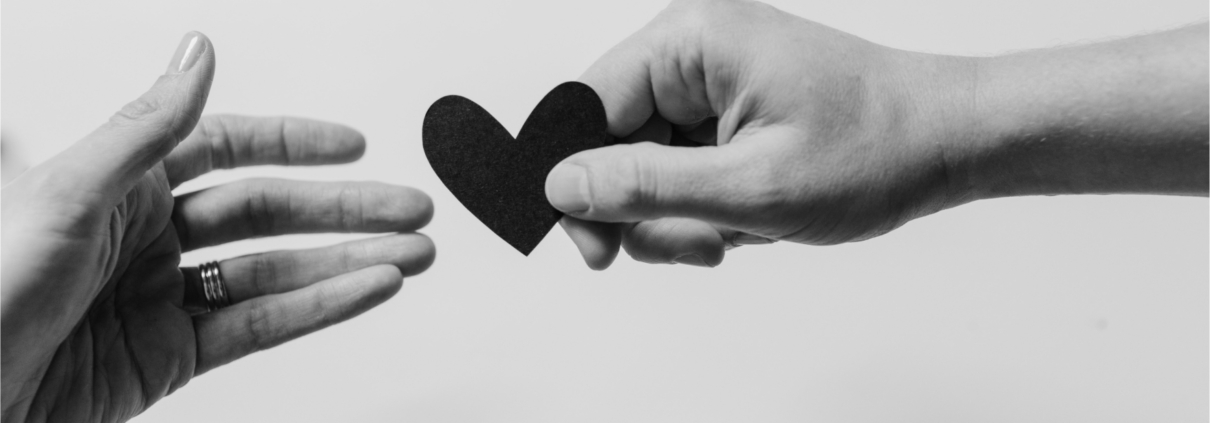Christmas Presence
Christmas coinciding with the first night of Hanukkah might suggest a joyous day. Yet, for me, it unfolded differently. I spent hours with my mother in her rehab room and another hour guiding a friend whose father had entered hospice care after slipping into unconsciousness in a Florida hospital.
I don’t feel cheated out of the celebration. Instead, I am frustrated by how medical providers often handle end-of-life issues.
This week’s Torah portion inspired reflection on how we guide our elders through illness, pain, and depression. Jacob, having mourned his son Joseph for decades, learned Joseph is alive. Jacob prepared to journey to Egypt. God spoke to him, saying:
“I am God, the God of your father’s house. Fear not to go down to Egypt, for I will make you there into a great nation. I Myself will go down with you to Egypt, and I Myself will also bring you back; and Joseph’s hand shall close your eyes.” (Genesis 46:3-4)
Later, Jacob meets Pharaoh, who asks his age. Jacob responds:
“The years of my sojourn [on earth] are one hundred and thirty. Few and hard have been the years of my life, nor do they come up to the lifespans of my ancestors during their sojourns.” (Genesis 47:9)
The contrast between these two conversations is striking. God offers comfort and reassurance to Jacob in his old age. God acknowledges Jacob’s demise is imminent. Pharaoh, by contrast, asks a technical question, devoid of depth or empathy. Pharaoh focuses on the past.
This contrast speaks volumes about how we should approach the elderly. God’s words provide a model for offering presence and understanding, while Pharaoh’s response underscores the failure to engage meaningfully with an elder at the end of life.
The bestseller Outlive: The Science and Art of Longevity by Peter Attia explores the science of living longer and healthier. Attia critiques modern medicine’s focus on treating illness rather than fostering health. Similarly, I’ve observed how many medical professionals, trained to heal, often struggle to simply be present with a patient grappling with the inevitability of life’s end.
I witnessed this firsthand with my mother. She was in great pain when a nurse entered her room and asked, “How are you feeling?” My mother replied, “I want to die.” The nurse responded, “But you are so beautiful,” a comment so disconnected that it left me bemused.
The next day, her doctor asked the same question, receiving the same response: “I want to die.” This time, the doctor replied, “Don’t you want to live for your children and grandchildren?” It was the first time I had heard a doctor use guilt on a Jewish mother as a tool for healing.
I don’t mean to condemn all medical professionals. I am entirely grateful for every act of kindness, thoughtfulness, and healing delivered consistently by the staff and doctors. My dismay was how the skill set of healing was overshadowed when the conversation turned to death.
Seeking a more compassionate response, I called a rabbi experienced in end-of-life care. When Rabbi Rose visited, he listened deeply to mom’s words, understanding her statement as a plea for acknowledgment—not an abstract cry for help, but a need to have her pain and grief seen.
She didn’t need platitudes about her beauty or obligations to others. She needed the kind of presence God offered Jacob. Mom, I’m with you, and I’ll be with you until you can no longer open your eyes.
Similarly, when my friend’s father was “actively dying,” I contacted a rabbi to visit their family. I knew that this family needed presence, reassurance, and compassion—something I wasn’t sure the hospital staff, even on Christmas Day, could provide.
This season brought no miracles. Oxycodone and morphine eased physical pain, but true solace came from Jewish tradition, the Torah, and the wisdom of our Rabbis. They remind us how to be present when life nears its end—with presence and compassion.





 Evan J. Krame was ordained as a rabbi by the
Evan J. Krame was ordained as a rabbi by the